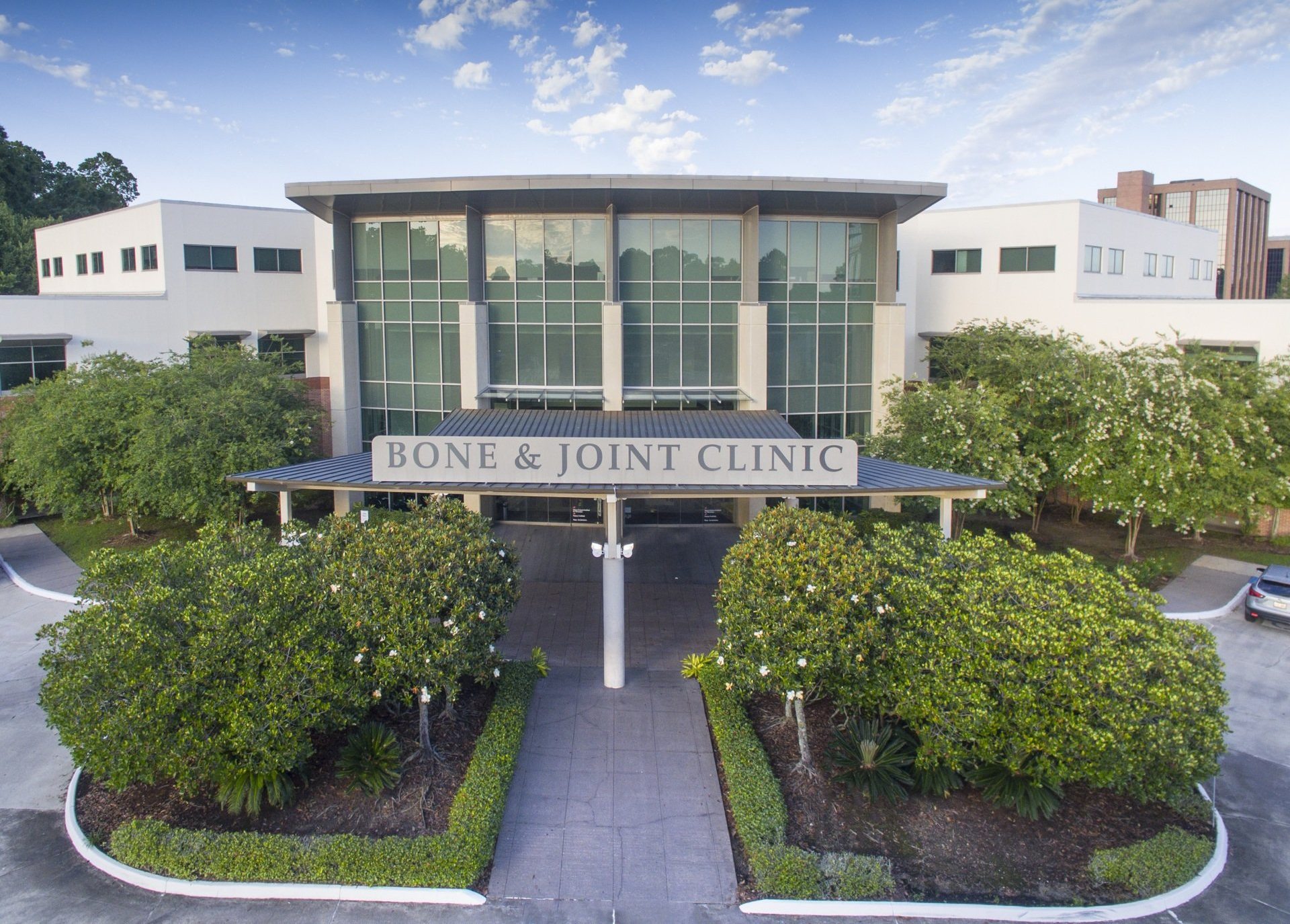Plantar fasciitis is a common foot condition that causes pain and swelling in the bottom of the foot, stretching from the heel to the toes. Most people find relief through simple treatments like rest, foot stretches, and shoe inserts. However, for those with severe and persistent pain, surgery may become necessary.
When is Surgery Necessary for Plantar Fasciitis?
Surgery is typically considered a last resort when all other treatments for plantar fasciitis have failed to provide relief. It's essential for individuals suffering from severe plantar fasciitis to exhaust all non-surgical treatments in consultation with a podiatric specialist before considering surgical intervention. These treatments can include:
- Rest and ice
- Physical therapy
- Cortisone injections
- Night splints
- Supportive shoes
- Activity modification
Endoscopic Plantar Fasciotomy Surgery in Baton Rouge
One of the most common surgical procedures for plantar fasciitis is endoscopic plantar fasciotomy (EPF). During this roughly 15 - 20-minute outpatient procedure, the surgeon cuts the plantar fascia ligament to relieve tension and reduce inflammation. Following the procedure, patients undergo a gradual healing process and should be able to return to normal, unrestricted activity within ten weeks. EPF has a success rate of about 90 percent.
Before determining if surgery is the right option, carefully weigh the potential benefits against the risks with your orthopedic specialist. Below are a few factors to consider:
- Severity of symptoms – Severe pain, inability to perform daily activities, and persistent symptoms despite non-surgical treatments may indicate the need for surgical intervention.
- Impact on quality of life – If plantar fasciitis significantly affects a person's ability to work, exercise, or engage in recreational activities, surgery may be a viable option to improve quality of life.
- Lifestyle considerations – Surgery may require a period of immobilization and rehabilitation, which can briefly disrupt daily routines and activities. Patients should consider how the surgery will fit into their lifestyle and responsibilities.
Consulting with a qualified podiatrist or orthopedic specialist with expertise in foot and ankle disorders is essential for deciding whether surgery is the right option for severe plantar fasciitis cases.
Treating Plantar Fasciitis in Baton Rouge
From cortisone injections to custom orthotics to surgery, an orthopedic foot and ankle specialist is the most qualified to relieve plantar fasciitis. If you believe that you are suffering from the condition and would like to explore treatment options, including potential surgery, contact The Bone and Joint Clinic of Baton Rouge and request an appointment with one of our highly skilled physicians.




